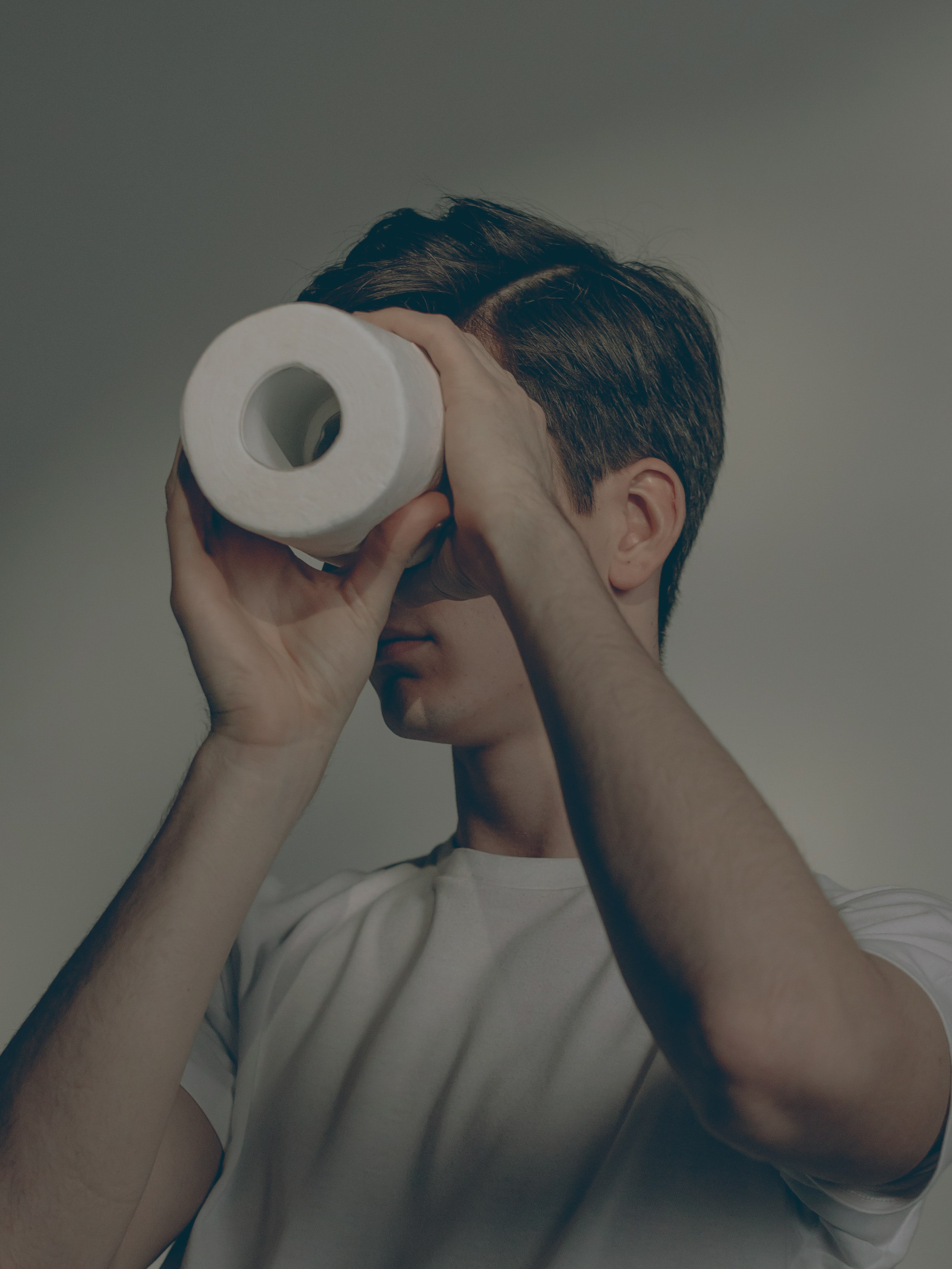Fifth part of the Dutch have strongly changing expectations
Author
Iñigo Otero Olazabal
Published
02 April 2021
Reading time
4 minutes
At the beginning of this turbulent summer, I had the opportunity to ask a few questions to a panel of about a thousand respondents, representative of the Dutch population (thanks to respondenten.nl). A great opportunity to find out to what extent Covid-19 influences people's values and expectations. I asked them "If you look back to the past period, do you notice a change in your values and behavior?"
Sixty percent of the respondents said they noticed a change in their values and behavior. And that Corona influenced the extent to which they find certain things important. It's a remarkable percentage, but perhaps not surprising.
I also asked them how they noticed this change or reinforcement. Responses to the Corona rules and increasing uncertainty of the situation surfaced (20 percent), but they did not constitute a majority.
Twelve percent of the respondents indicated that they spend more time reflecting on what is important, such as:
- Their social life and society.
- Rest and a good work-life balance.
- Their health.
- Nature, sustainability and conscious consumption.
- The appreciation for professions, such as healthcare personnel and stock fillers.
- Appreciating the little things in life and enjoying them every day.
 Piechart showing values and expectations for the future of Dutch citizens
Piechart showing values and expectations for the future of Dutch citizens
These reactions seem somewhat diffuse and fragmented, but when you zoom out, they are about values such as "belonging", "justice", "freedom" and "contribute something". Values that are high in the needs pyramid.
This may make sense, but to what extent are organizations aware of this? Do they have plans to address these values? Or are they mainly in survival mode?
Expectations regarding companies and organizations
How important that is became clear in answers to my second question: "To what extent have your expectations regarding companies and organizations changed?" For sixty percent of the respondents, their expectations have not changed much and for twenty percent. But for twenty percent they have changed radically. That is a striking change in such a short time.
I suspect that the percentage of people who have higher or different expectations of companies and organizations is only increasing. Especially if the current crisis lasts longer and changes become more firmly anchored in the "psyche" of society. Consider, for example, the fuss that has arisen around certain companies that have received state aid.
There are more and more people who not only complain but also take action. The Beterboeken initiative is a good example of this.

We live in times of radical change for companies and organizations. Finding new markets, developing new services and determining target groups. They do everything they can to survive. If they only look at economic values then they may be able to survive in the short term. But ignoring higher values can ultimately prove disastrous for the long term in a world that we are already seeing emerging. That world requires other values than just a good price and functionality.
My tip for companies and organizations: Make higher values concrete in your services and live them consistently. Don't see this crisis as a threat, but as an opportunity.
Do you recognize these changes? Do you know other appealing examples? Or do you want to work more value-driven? Then contact me and let's have a digital cup of coffee.
About the author

Iñigo Otero Olazabal
Service designer
Empathy



